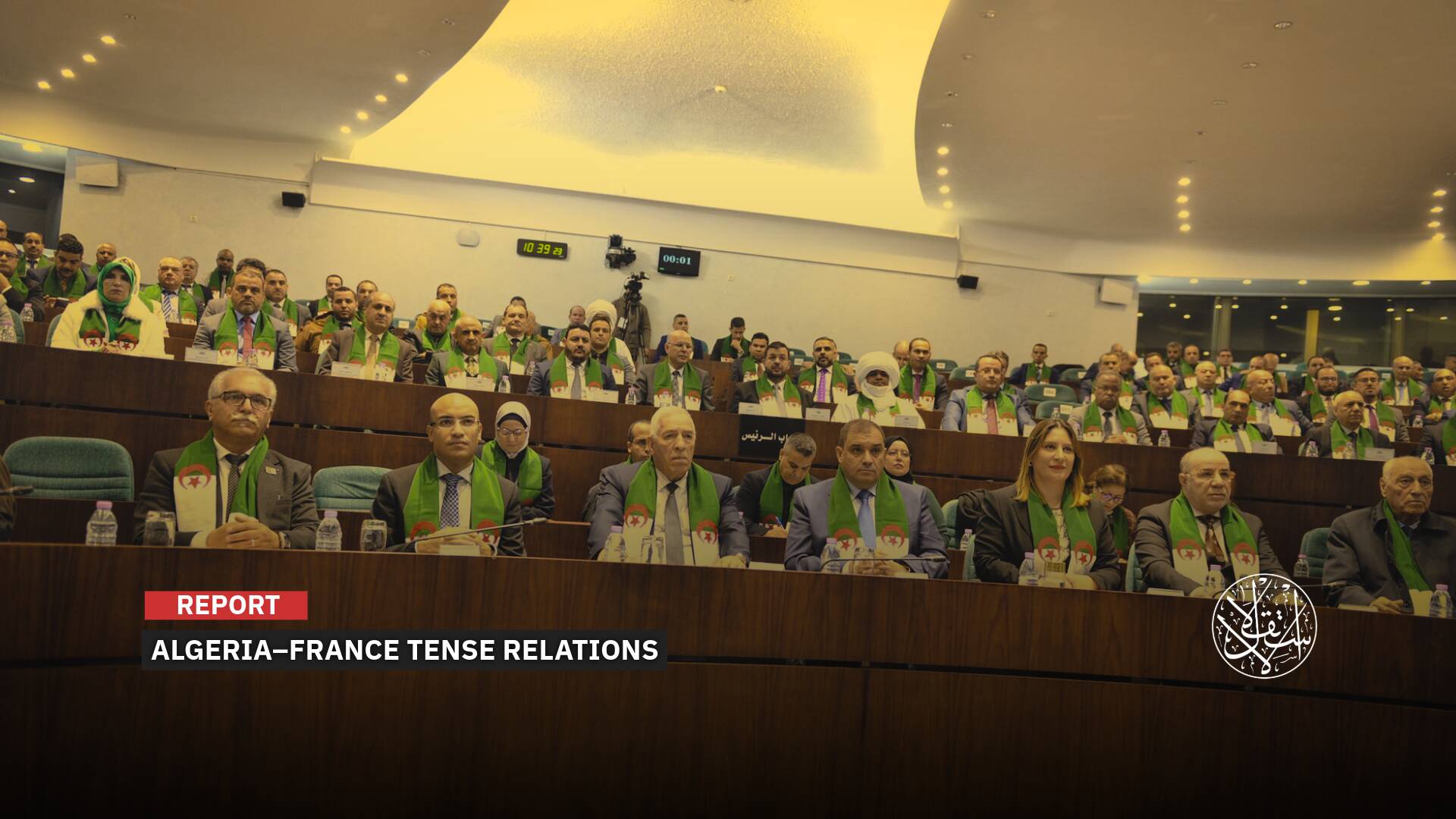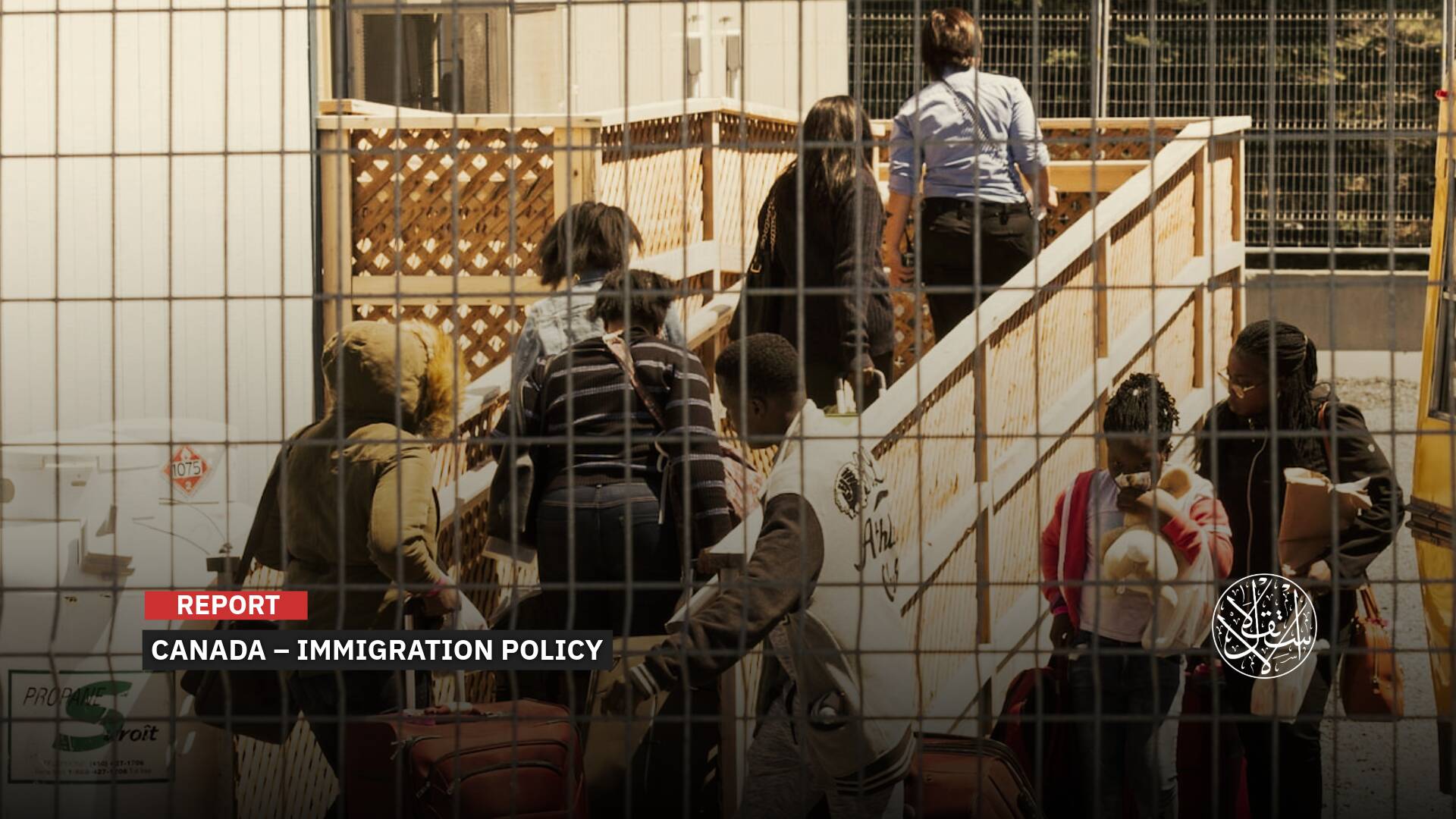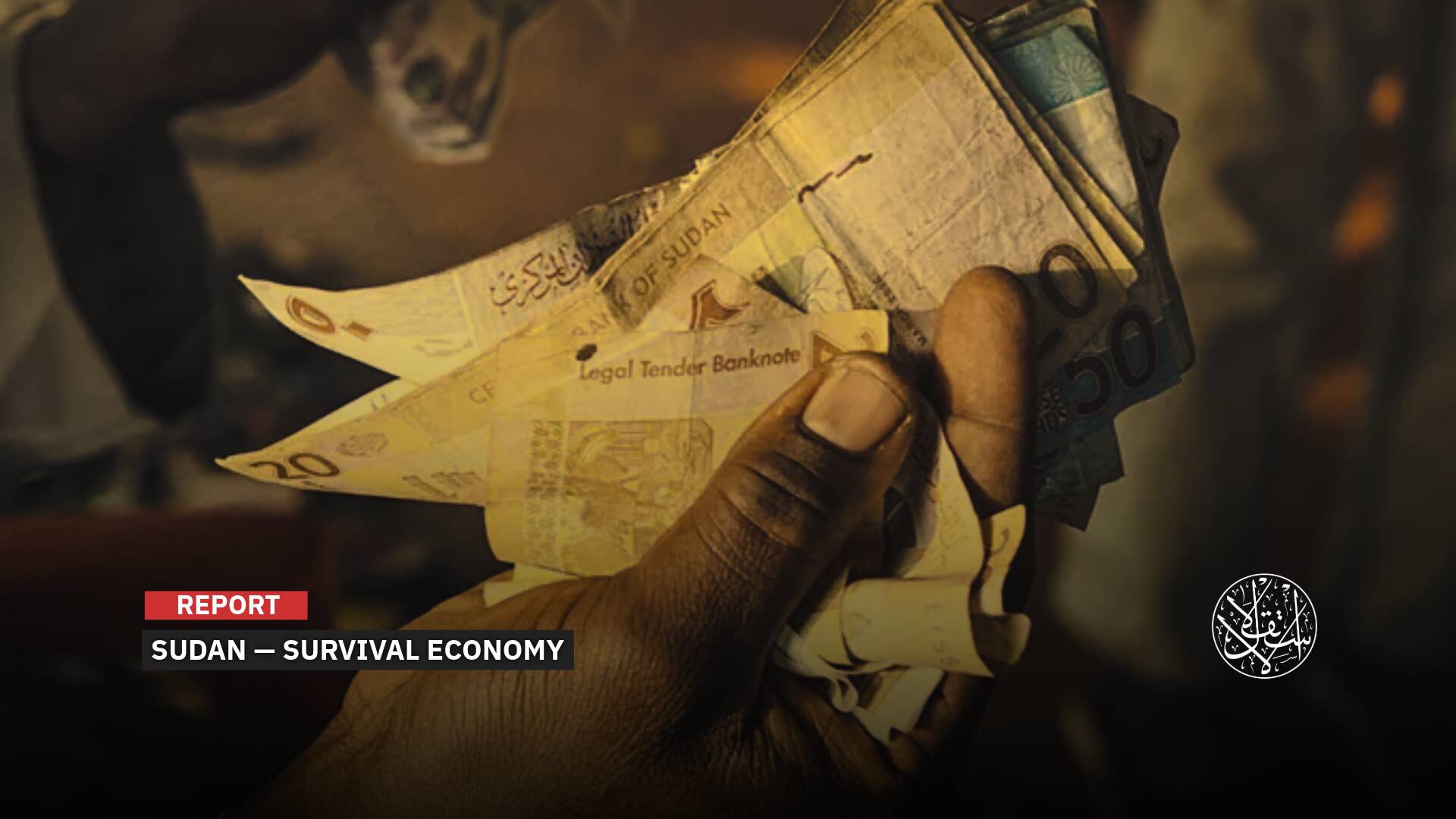Despite Le Pen’s Defeat in the French Elections, How Did the Far-Right Gain the French Scene?

Emmanuel Macron, as previously expected, kept the keys to the Elysee Palace, elected for another five years to rule France, but what is striking in this election is the important results achieved by far-right candidate Marine Le Pen, compared to previous elections, despite media bombardment from many fronts and a large crowd supporting Macron.
During the 2017 elections, Macron was able to oust Le Pen after winning 66% of the vote in the second round, this time shrinking below 60% (about 58%) and Le Pen's share rose from a third to more than 42%.
Much seems to have changed over the past five years, as Le Pen has succeeded in getting closer than ever in her history and her family's history to realizing the dream of reaching the Elysee despite losing by a relatively small margin, in the end, raising important questions about the reasons for the gradual expansion of the fascist right in France and the secret of its success in expanding its electorate.
The victory of @EmmanuelMacron today is of the utmost importance not just for France but for the world. Right wing authoritarian populists, often backed by and backing Putin, are democracy’s greatest threat. Macron has seen them off today, but they will be back.
— Malcolm Turnbull (@TurnbullMalcolm) April 24, 2022
'Winning' Loss
Le Pen indeed failed for the second time in a row to reach power in France, but this time she achieved great results, winning 41.8% of the vote against the winner Emmanuel Macron, who received 58.2% of the vote according to preliminary estimates.
About 25.8% of those registered on the electoral roll boycotted and abstained during this round of French elections, while white votes and canceled votes accounted for about 11.5% of all voters.
In the 2017 elections, Marine Le Pen won only 33.9% of the vote, while her rival Macron won 66%, reducing their gap from 32 points to just 16 points, a major achievement in the far-right march.
Sunday's results proved that Le Pen was able to achieve an unprecedented historic achievement for the National Rally party and the extreme right as a whole, supporting her party's presence in the French political arena, with just under half of the French electorate.
The woman who grew up under her father Jean-Marie Le Pen, the founder of one of Europe's most powerful far-right parties, has been able to permanently impose herself on the French political scene.
The French far-right leader said her vote in the presidential election was a "resounding victory" and promised to continue her political career, stressing that she would "never give up on the French," stressing that "the result constitutes a resounding victory."
"The ideas we represent have taken on new dimensions…This evening, we begin the big battle for the legislative elections," she said, adding that she felt hopeful and invited the president's opponents to join her National Rally party.
Far-right Expansion in France
Le Pen was defeated in France’s presidential election, but brought the extreme right to power, with the highest percentage of votes in presidential elections since World War II, as no far-right party in France has ever achieved such a result in national elections.
She achieved twice the result achieved by her father, the historic leader of the French far-right Jean-Marie Le Pen in 2002 against Jacques Chirac, and thus became the far-right superior to the left in all its spectra, which means a change in the electoral map as well as in the general mood of voters, with record levels of boycott previously unfamiliar.
And if it were not for the bloc of most candidates alongside Macron and their call for their supporters to block Le Pen, the far-right would be in the Elysee Palace now.
Recent elections have shown that nearly half of French voters hold far-right ideas and that they tend to be at the top of the pyramid of its anti-immigrant, anti-Muslim, and minority ideology in general, as well as strengthening nationalities, beating with slogans of civilizations and accepting the other.
The elections proved that Le Pen was able to convince a large part of the French of the correctness of her policies based on preventing immigration to France and escalating confrontation with Muslims and besieging them, which means that France will have a new date for the rise of Islamophobia, hostility to immigrants and asylum seekers, especially since Macron has also shown his clear hostility to Muslims and immigrants.
Far-right ideas initially entice those who mistakenly believe that foreigners, especially Arabs and Muslims, are the cause of the country's most important economic and social problems, but today it is tempting young people and social groups that once voted for the left and traditional right parties.
Since reaching the head of her party in 2011 to succeed her father, the far-right leader has adopted anti-immigrant rhetoric, taking racism and fascism as her line, and xenophobia of color, Muslims, and others, with her unwavering capital, which has not changed over the years.
Far-Right in Europe
The repercussions of Le Pen's results will not only be limited to France, but will extend to Europe, and other European far-right parties are expected to benefit from this French nationalist rise, and from the important successes of Marine Le Pen's National Rally party.
The rise of the French extreme right could trigger a political earthquake that could affect several European countries like Germany as European governments fail to find solutions to their country's chronic problems, mainly economic and social problems.
Besides the French National Front party in France, there are several prominent far-right parties, spread across Europe, most notably the far-right Freedoms Party of the Netherlands, the popular right-wing Austrian Party, the Danish People's Right Party, the German Alternative for Germany party, the Italian Northern League party led by Polish Law and Justice Party.
The Far Right in France Lost Big and Here’s Why That’s a Bad Sign for Joe Biden
— Kevin M. Kruse (@KevinMKruse) April 24, 2022
Extreme right-wing parties share their anti-immigrant vision, particularly Muslims, and consider that The Islamic identity is unfit for Europe and that the bulk of immigrant Muslim communities are not integrated into the communities in which they live.
Many regional and international events have contributed to the far-right's prominent position on the European party-political map, reflected in its repeated successes in the legislative, local, and European elections, but Le Pen's recent results in France's elections will have the greatest impact on these extremist organizations.
The rise of far-right parties in Europe would escalate hostility toward Muslims and perpetuate "Islamophobia," adding to their suffering, especially since European governments will dismantle far-right parties by adopting some of their slogans.












